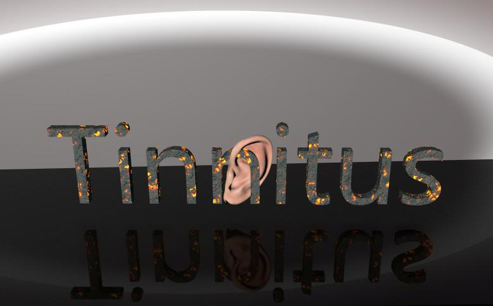What are the different types of tinnitus sound therapy? Tinnitus is a common hearing problem that affects at least 50 million people in the US alone. While the hearing condition can affect people of all ages, it is most common among older adults. Studies reveal that more than half of these adults suffer from chronic tinnitus, affecting them for over five years.
Chronic tinnitus usually affects adults, with the main reason being aging. Adults tend to have hardened arteries and other conditions that can pressure the ear and cause tinnitus.
However, almost all people from different age groups can experience short-term tinnitus after exposure to loud sounds. For example, you might suffer from tinnitus for a few days after attending a musical concert.
But treatment is necessary if tinnitus prevails for longer than a few days. In such cases, it can be an indication of underlying health conditions. And if not, it can become annoying and affect your quality of life.
What is Tinnitus Sound Therapy?
Tinnitus is a health condition where people think they hear sounds that are not there. This means that your ears perceive sounds that do not exist. Intense tinnitus can be debilitating and painful.
Not to mention, it can interfere with your ability to focus and affect your productivity and overall mood and wellness. So, it is only natural that you want to look for ways to get rid of this hearing condition.
Although tinnitus refers to non-auditory and internal sounds, patients can use external sound to tune their perception of tinnitus. While some sound therapy options can cover tinnitus, others can provide more robust relief.
According to the American Tinnitus Association, sound therapy uses external noise to alter perception and reaction. The ATA suggests that sound therapy, in no way, is a ‘cure’ to tinnitus. Rather, it is just a way to ease the intensity and relieve the burden on the affected patient.
Different Types of Sound Therapy
Sound therapy is a broad term that involves using different sound therapies. Depending on the devices and techniques, sound therapies can help minimize the intensity of tinnitus sounds (see also: https://www.tinnitustreatmentnyc.com/common-tinnitus-sounds/).
Your clinician, clinical setting, and the specific product used for therapy can make it easier for you to ignore the disturbing ringing or buzzing sounds in your ear. Or, they may also control the condition causing tinnitus in the first place.
Sound therapy works on four general mechanisms, emphasizing a specific aspect. The four categories are as follows:
Masking
Masking sound-based therapy uses masking devices called sound maskers that expose the patients to loud external noise. The white noise volume is so high that it covers up or ‘masks’ your tinnitus sounds. While it does provide short-term benefits, these are only temporary.
Distraction
As the name suggests, this type of sound therapy distracts the patient. It uses pleasant external sounds like nature or fractal tones to divert attention from tinnitus sounds.
Habituation
Habituation sound therapy allows the patient to regard tinnitus as an unimportant sound that does not require attention. This practice trains the brain to ignore tinnitus sounds and block them altogether. This way, tinnitus becomes less bothersome.
Neuromodulation
Neuromodulation is a sound therapy mechanism that uses specialized sounds to rewire your brain. It seeks to minimize neural hyperactivity that may be causing the tinnitus to begin with.
Types of Tinnitus Sound Therapy: Conclusion
The different types of tinnitus sound therapy use various treatment options, including masking, distraction, habituation, and neuromodulation. While they all have the same underlying goal, each mechanism works best for different people.
If you’re experiencing ringing in the ears, it is a good idea to schedule an online video session with Stephen Geller Katz, LCSW-R at the Tinnitus Cognitive Center™. Call today for an expert consultation.
Stephen Geller Katz, LCSW-R
19 West 34th Street
Penthouse Floor
New York, NY 10001



[…] and realize that all you can do is help change how you behave for the better. Cognitive retraining therapy works similarly, helping us calm down whenever we hear ringing […]
[…] the underlying cause behind tinnitus is the most effective way to tackle the condition. Certain sound therapies may help distract you from tinnitus symptoms like buzzing or ringing sounds if you do not suffer […]
[…] there is no cure for tinnitus, treatment options can help manage symptoms, including sound therapy, cognitive behavioral therapy, and medication. It’s important to talk to a healthcare […]
[…] sound therapy devices or smartphone apps that offer soothing sounds, such as white noise, rain, or ocean waves, […]